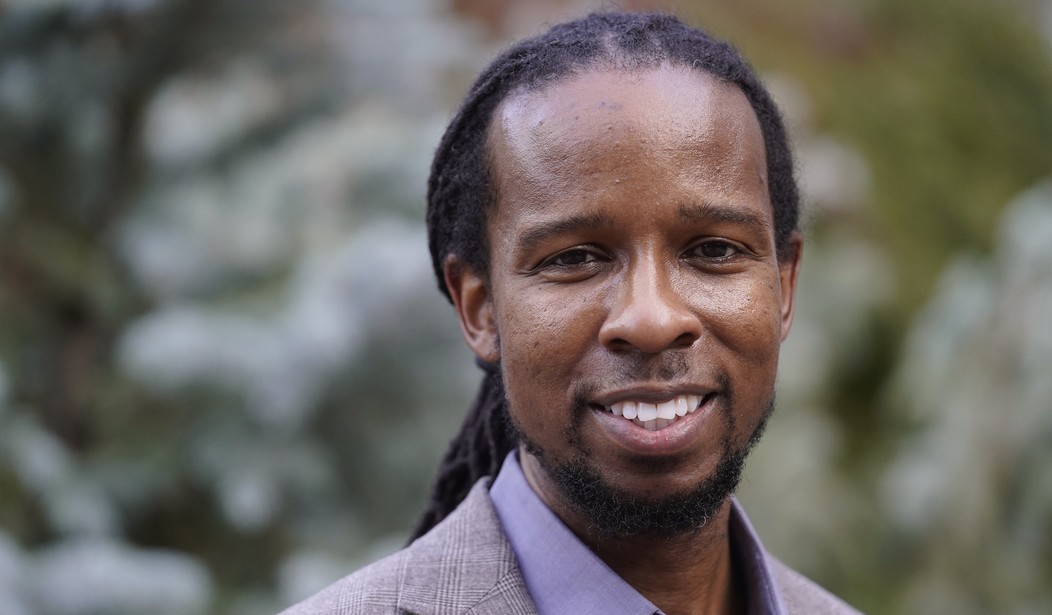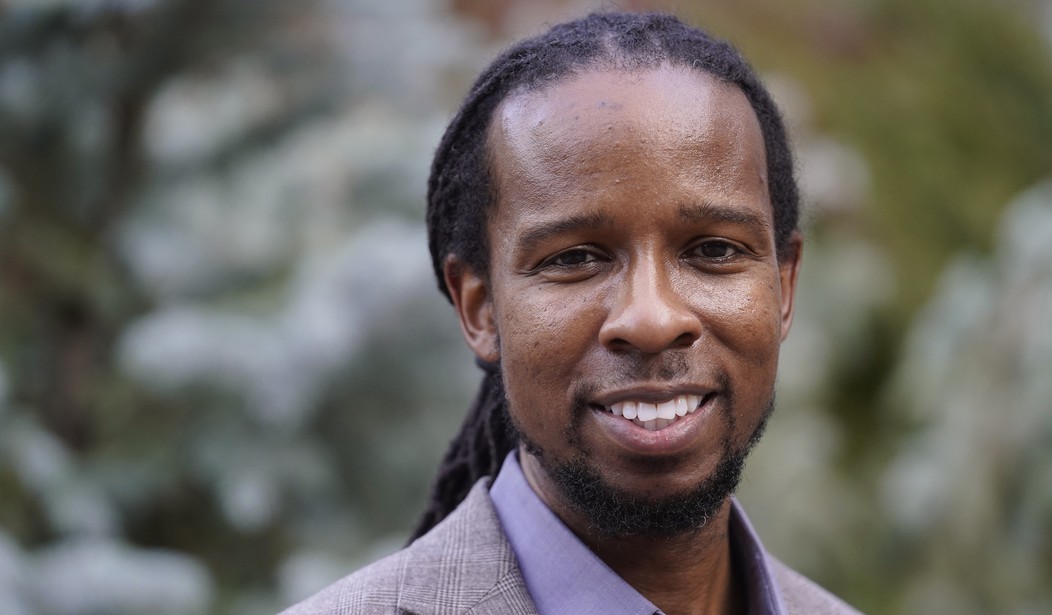
NY Times columnist Pamela Paul has written a story about the collapse of Ibram Kendi’s antiracism research center at Boston University. Paul, who has met and interviewed Kendi in the past, doesn’t waste a lot of time arguing about why the center failed or where the money went. Maybe he was out of his depth or maybe just too busy giving talks for $30k a pop. Whatever the case, it seems clear the center was badly managed.
Advertisement
What does interest Paul is Kendi’s ideology. Here she argues that what was quickly embraced as a new defacto standard in the wake of George Floyd’s murder is actually quite extreme.
In this book, Kendi made clear that to explore reasons other than racism for racial inequities, whether economic, social or cultural, is to promote anti-Black policies.
“The only remedy to racist discrimination is antiracist discrimination,” Kendi wrote, in words that would be softened in a future edition after they became the subject of criticism. “The only remedy to past discrimination is present discrimination. The only remedy to present discrimination is future discrimination.” In other words, two wrongs do make a right. As practiced, that meant curriculums that favor works by Black people over white people is one way to achieve that goal; hiring quotas are another…
When a Minneapolis police officer murdered George Floyd in May 2020, Kendi’s book, with its propitious, here-is-what-you-must-do-now title, became the bible for anyone newly committed to the cause of racial justice. Schools and companies made it required reading. So many campuses made it their “class read,” “all-school read” or “community read” that the publisher created a full set of reading and teaching guides to help foster them.
The real problem with Kendi’s antiracism is that it flattens a complex topic into a simplistic (truly black and white) framework which allows for no middle-ground or nuance.
Advertisement
Contra Kendi, there are conscientious people who advocate racial neutrality over racial discrimination. It isn’t necessarily naïve or wrong to believe that most Americans aren’t racist. To believe that white supremacists exist in this country but that white supremacy is not the dominant characteristic of America in 2023 is also an acceptable position.
And while a cartoon version of colorblindness isn’t desirable or even possible, it is possible to recognize skin color but not form judgments on that basis…
In short, a person can oppose racism on firm ethical or philosophical or pragmatic grounds without embracing Kendi’s conception of “antiracism.” No organization can expect all employees or students to adhere to a single view on how to combat racism.
No organization should expect employees and students to adhere to this narrow and rigid view, but many do expect it. Professors are now hired on the basis of DEI statements judged along lines spelled out by Ibram Kendi’s book. Even before Kendi came along, the impulse behind these statements was to limit the number of white and Asian applicants for teaching jobs by ruling them out before their qualifications could even be considered.
The championing of diversity at the University of California resulted in many campuses rejecting disproportionate numbers of white and Asian and Asian American applicants…
At Berkeley, a faculty committee rejected 75 percent of applicants in life sciences and environmental sciences and management purely on diversity statements, according to a new academic paper by Steven Brint, a professor of public policy at U.C. Riverside, and Komi Frey, a researcher for the Foundation for Individual Rights and Expression, which has opposed diversity statements…
According to a report by Berkeley, Latino candidates constituted 13 percent of applicants and 59 percent of finalists. Asian and Asian American applicants constituted 26 percent of applicants and 19 percent of finalists. Fifty-four percent of applicants were white and 14 percent made it to the final stage. Black candidates made up 3 percent of applicants and 9 percent of finalists.
Advertisement
Again, this preceded Kendi’s book but you might as well call this antiracist discrimination. It’s exactly the sort of thing he would say was needed. Berkeley decided to back away from this approach in 2020, just as Kendi’s book was becoming a mega-hit.
As is often the case, NY Times commenters are better than the paper’s general left-wing bias would suggest. This is the top comment (the most upvotes from other readers):
Excellent column, exposing the absurd and counterproductive choice foisted on us by Dr. Kendi and his legion of followers in public, in schools, and at work. The onslaught of faux moral shaming that followed Dr. Kendi’s zero sum conclusions did far more harm than good. Worst of all, Kendi’s work and conclusions created space for the equal and opposite radical reactions of the far Right.
When we look back at this time period in say 20 years, I expect we’ll view the rise of political and social absolutism as directly causal to the corrosion of our core democratic principles. Said another way, by telling people that there is no room for nuance, that disagreement is impermissible, and that you are either moral or amoral based on this paradigm, we’ve forced a choice on them that has made America more tribal, less tolerant, and increased racial tension instead of quelling it.
From someone in Chicago:
I watched the simplistic, quasi religious fever roll over Chicago. I watched liberal friends, who considered themselves educated thinkers, jump on the bandwagon of anti police and anti racism. They rode that bandwagon as it became a juggernaut that crushed so many good people.
It’s incredible. I watched the people I attended university with, the people who were liberal community members like me, the people who should have known better, turn into a mob out to get anyone who questioned their new doctrines and dogma. I watched them wield destructive power with relish.
I watched from my perspective as a police family. It was heartbreaking.
Advertisement
One more:
We should also take issue with the terms “antiracism” and “reverse racism” themselves. There are no new terms required. It does not matter which direction the stereotyping and prejudice flow: racism is racism. When a person of color calls Taylor Swift a “vanilla bean,” it’s racism, plain and simple. When any white opinion is instantly dismissed as invalid because the person is presumably “privileged,” it’s racism. And all of this is obvious. It’s why the anti-woke sentiment occurring all around the nation is not restricted to some Republican strategy; it bothers liberals too.
Kendi’s efforts have been at best pointless and at worst, harmful and counterproductive. More identity politics and racist discrimination disguised as antiracism will only result in a bigger backlash and more animosity between groups of people who really out to be trying to see one another as individuals first rather than members of a tribe.


